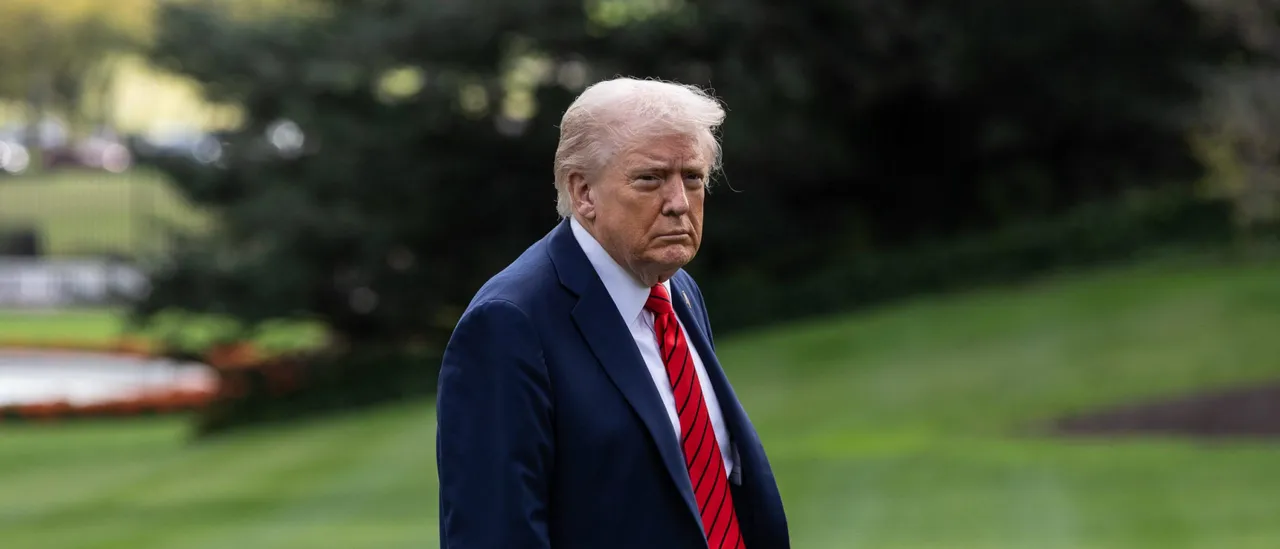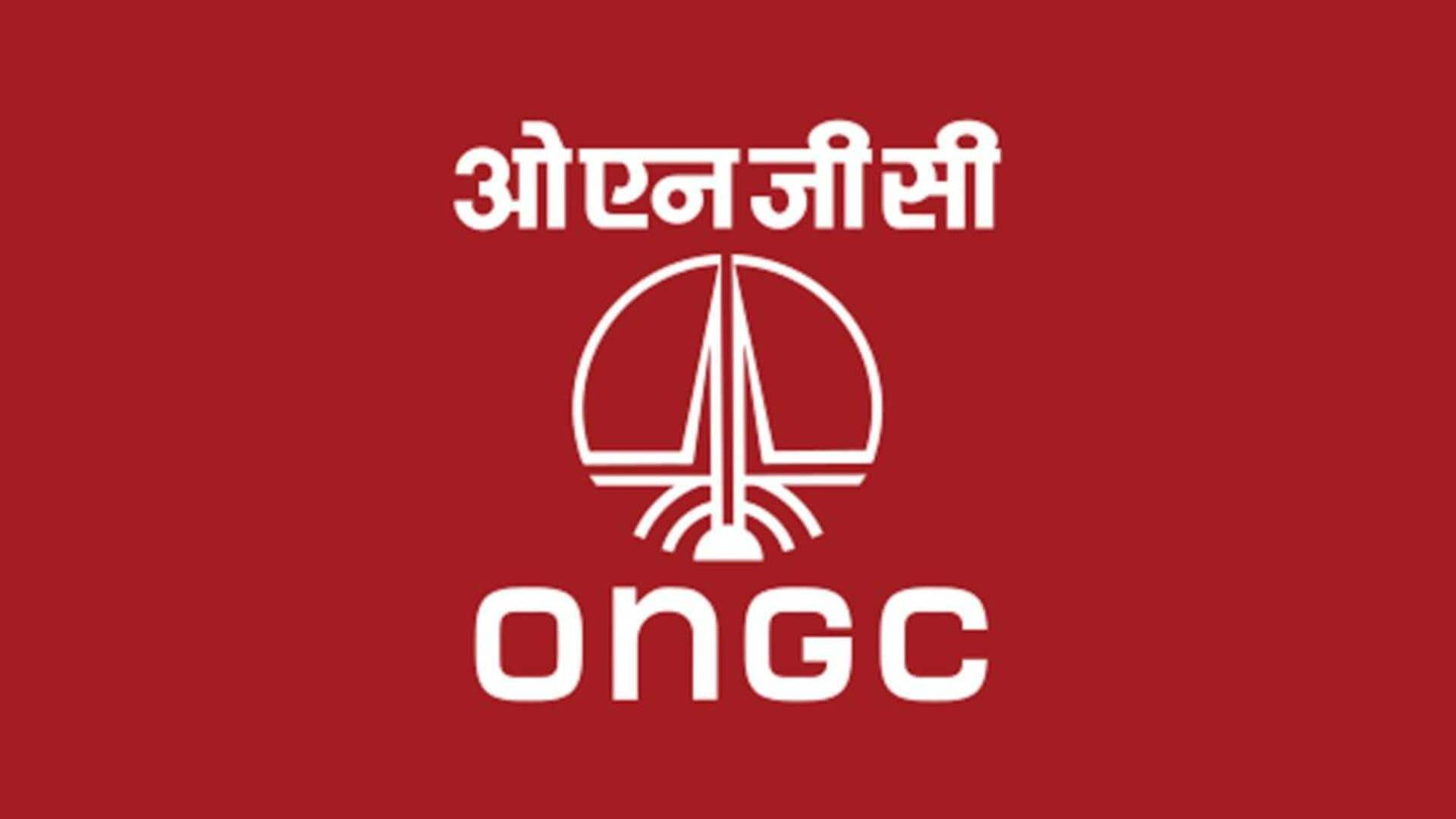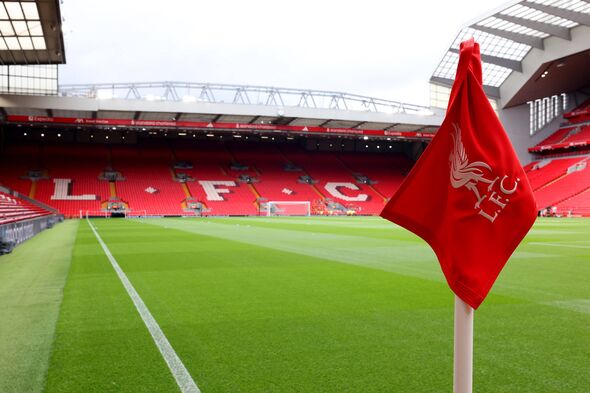Venezuelan dictator Nicolás Maduro has put himself directly in the crosshairs of the Trump administration, but war remains unlikely at this point in time, foreign policy experts told the Daily Caller News Foundation.
In recent weeks, the Trump administration has taken multiple steps to ramp up pressure on Maduro’s regime, including flying strategic bombers off Venezuela’s coast and reportedly authorizing the CIA to conduct covert operations in the nation. These moves, which on the surface look like open provocations to a potential future conflict, seek to pressure the regime in much the same way Trump did during his first term, experts told the DCNF.
“I don’t see an intervention on the horizon,” Daniel Batlle, Latin America and Caribbean expert and fellow at the Hudson Institute, told the DCNF. “I don’t think that the U.S. has laid the groundwork for Panama-style intervention in Venezuela. I think what the administration is trying to do is send a signal to the regime that is intended to keep it on the defensive, but it [also] wants to have options for pressuring Maduro.”
Maduro reportedly offered the Trump administration a majority stake in Venezuela’s oil and mineral assets during months of informal talks, according to the New York Times. The offer went nowhere, however, and was effectively killed when President Trump severed all diplomatic contact with the dictator on October 2.
President Donald Trump said on October 17 that Maduro did not want to “fuck around with the United States” and that he had “offered everything.”
Venezuela plays host to multiple drug cartels, such as Tren de Aragua, which originated from a brutal prison in Venezuela and made its way to American shores under the Biden administration. The U.S. has accused Maduro of being deeply involved in the operations of the Cartel de los Soles, which was one of the initial reasons given for sanctions and deployments to the southern Caribbean.
Trump’s strikes in the Caribbean and the Pacific have had the double effect of pressuring Venezuela while also stopping drugs from moving onto U.S. shores. However, cartels are now making changes to their playbook in order to circumvent the new military presence, hiding cargo on civilian ships and using plane drops to evade U.S. Navy fleets.
“They are weakest at sea and reliant on moving cargo that way. That’s not to say the Cartels won’t try to adapt. They did before during changes in interdiction methods years ago,” Brent Sadler, senior fellow at the Heritage Foundation, told the DCNF. “This campaign will take time and is a function of how prepared to weather the attacks the Cartels are and how long/effective the interdictions of their shipments remain.”
The military deployments have not merely been to deter cartels from shipping product by sea. The U.S. has also dispatched multiple bombers to patrol off the shores of Venezuela as a “show of force” towards Maduro. B-52 Stratofortress long-range bombers out of Louisiana patrolled off the Venezuelan coast earlier this month, and on Thursday, B-1 Lancer strategic long-range bombers took off from Texas and flew close to the nation’s coast in international airspace.
Despite the build-up, Batlle still thinks it unlikely that a full-scale war is imminent, since such a move would require far more assets than are currently at the ready.
“The military assets we have in the Caribbean are much more robust than what you need to do, to strike drug boats,” Batlle told the DCNF. “But to go from there to saying that we have the forces needed for an intervention in Venezuela I think is a stretch.”
Adding to those assets, the Pentagon on Friday authorized deployment of the Gerald R. Ford Carrier Strike Group and its embarked carrier air wing to the U.S. Southern Command (USSOUTHCOM) area of responsibility (AOR), which encompasses most of Central and South America and adjacent waters, including the Caribbean and Gulf of America.
White House Press Secretary Karoline Leavitt deferred to Trump’s comments when asked by the Daily Caller whether regime change in Venezuela is an end goal of the ongoing campaign against the cartels.
“President Trump has been clear about his priority to stop the scourge of narcoterrorism that has resulted in the needless deaths of innocent Americans,” a senior administration official told the DCNF. “As the President clearly stated, he has not had any discussions on regime change.”
—
*All content created by the Daily Caller News Foundation, an independent and nonpartisan newswire service, is available without charge to any legitimate news publisher that can provide a large audience. All republished articles must include our logo, our reporter’s byline, and their DCNF affiliation. For any questions about our guidelines or partnering with us, please contact [email protected].*
https://dailycaller.com/2025/10/25/venezuela-in-the-trump-administrations-crosshairs-will-war-follow/



